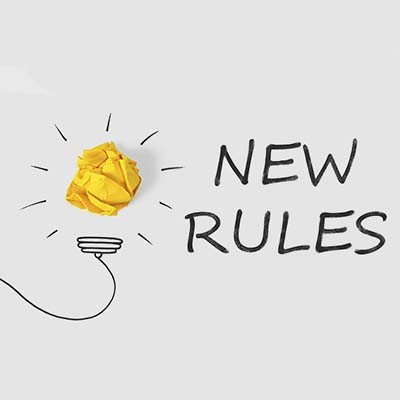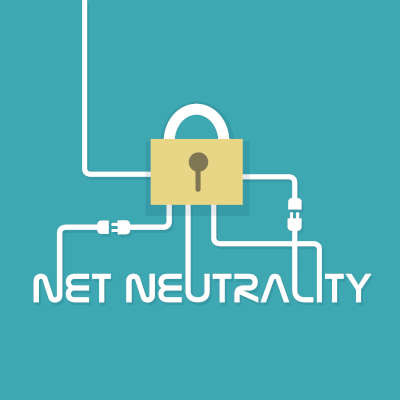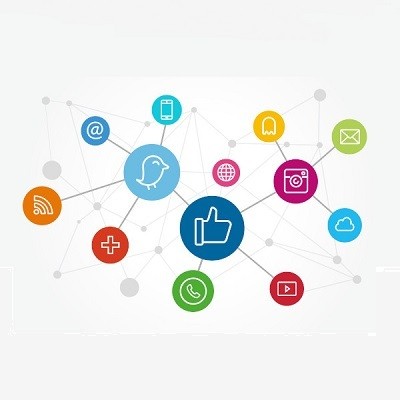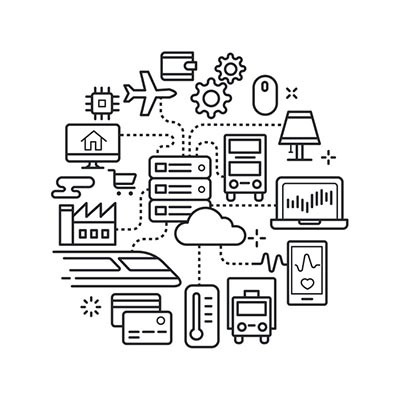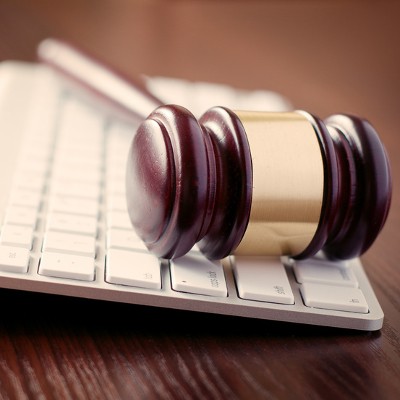Ransomware is an incredibly disruptive threat that can put your business at risk, but it is increasingly becoming not just a fiscal risk to organizations, but also to the physical health and wellbeing of communities and individuals. The Federal Bureau of Investigation has issued a warning that should have everyone concerned about the future of ransomware attacks, not just in business, but in everyday life.
Global Tech Solutions Blog
For much of the past decade, data privacy has been a big issue. Ever since information was unveiled on how major tech companies (and other companies) use the information gleaned from their users, there has been a cross-section of people who have started to fight back against it. Unfortunately for Americans, this hasn’t resulted in an overarching data privacy law that protects people and their personal data. This month, we’ll take a look at the data privacy environment and discuss why there haven’t been any moves by U.S. lawmakers to protect data privacy.
Earlier this year, there was a string of high-profile ransomware attacks leveraged against major companies. Now, the United States has issued an order that dictates guidelines for how to patch various vulnerabilities in affected systems within federal agencies and organizations. It’s a huge move in an effort to stop hackers and other cyberthreats from becoming more serious problems in the future.
In the United States, the political atmosphere in 2020 was extremely testy and one element that we typically keep our eyes on is the net neutrality rules that seem to change every few years or so. Today, we thought we’d revisit the issue and tell you what to expect over the first few months of the new administration.
It’s probably fair to label social media as one of the greatest inventions of the 21st century. Nearly half of the world’s population are active users of social media; and, that number would almost certainly be higher if more people had access to unencumbered broadband. Over the past few weeks, however, one of the most utilized social media services, the microblogging website Twitter, has sparked some controversy after they added an amendment to a tweet sent by the U.S. President Donald Trump suggesting it contained “potentially misleading information”. Today, we’ll briefly discuss what this showdown with the White House means for social media companies.
The Internet is a vast and amazing place. Some have even argued that it is one of people’s best-ever inventions. Some would push it further by actively attempting to outline what rights an Internet user has. Advocacy groups have been popping up, and while it has had a marked effect on public policy in more progressive nations, some nations look on these groups with disdain. Today we will take you through human rights advocacy on the Internet, and what to expect going forward.
Every security professional’s worst nightmare consists of the National Security Agency (NSA) being hacked. While there’s no proof that the NSA itself has been hacked, there is some evidence to suggest that some of the exploits used by the agency are up for grabs on the black market. What this means is that a lucky group of hackers could potentially get their hands on some very dangerous tools.




